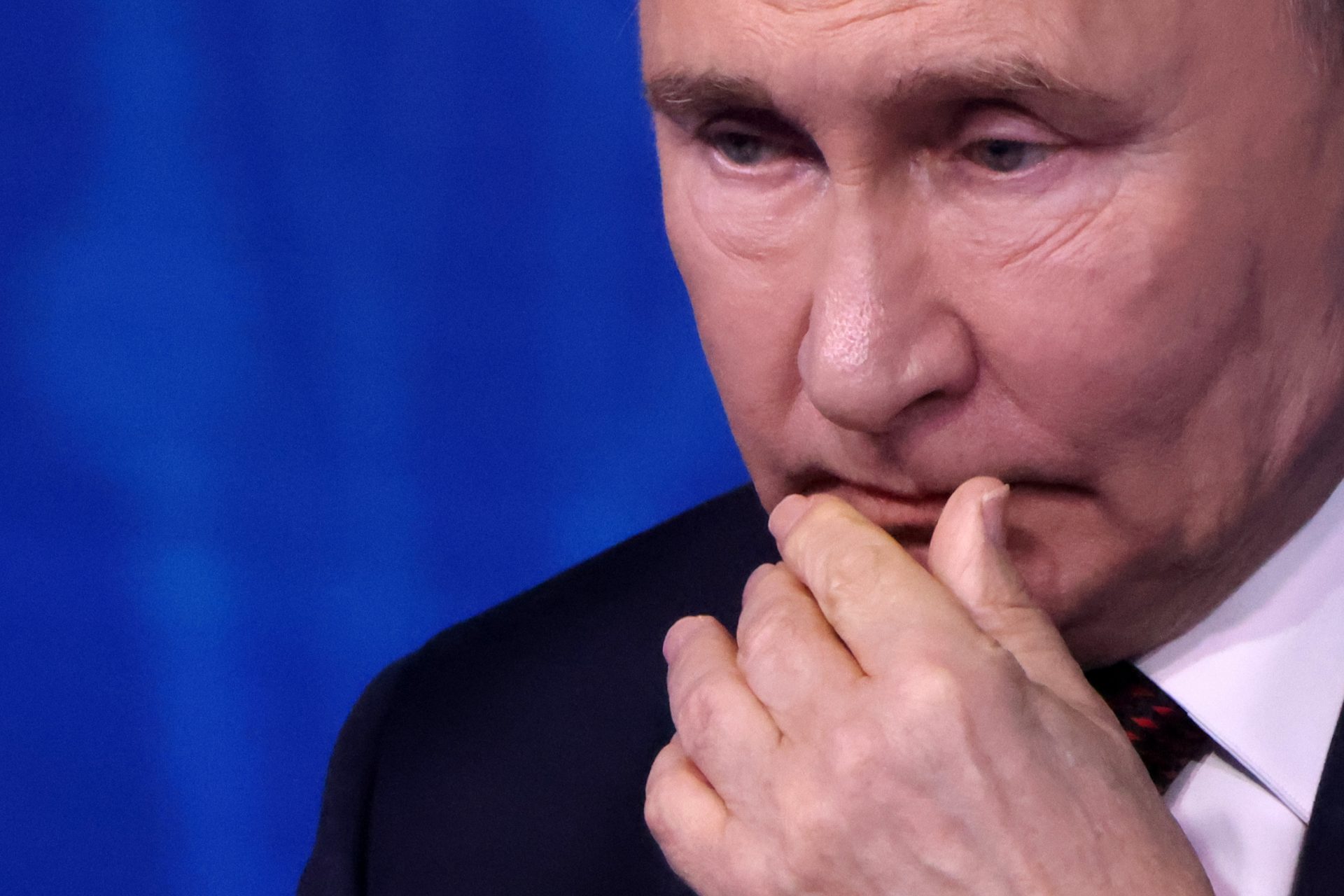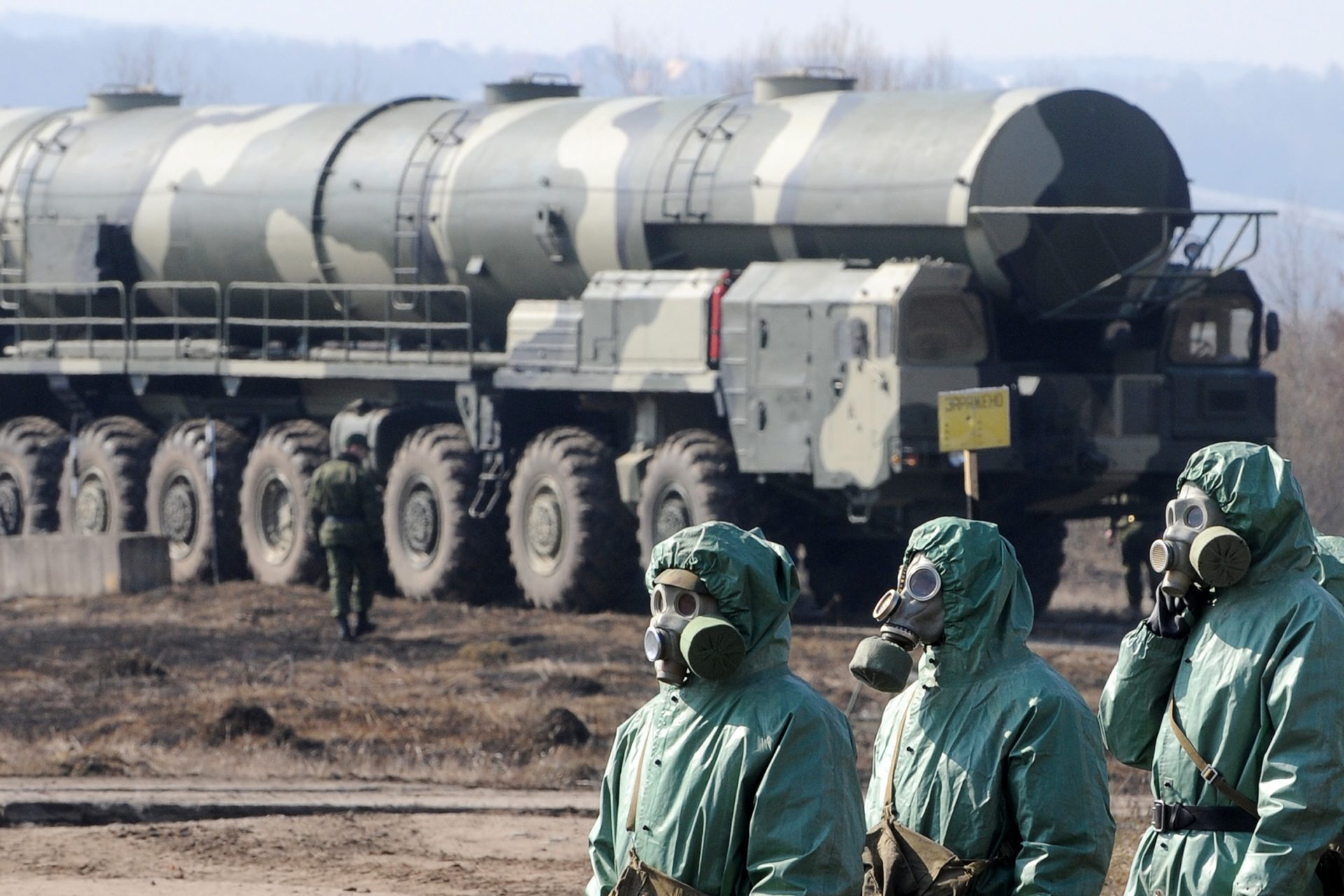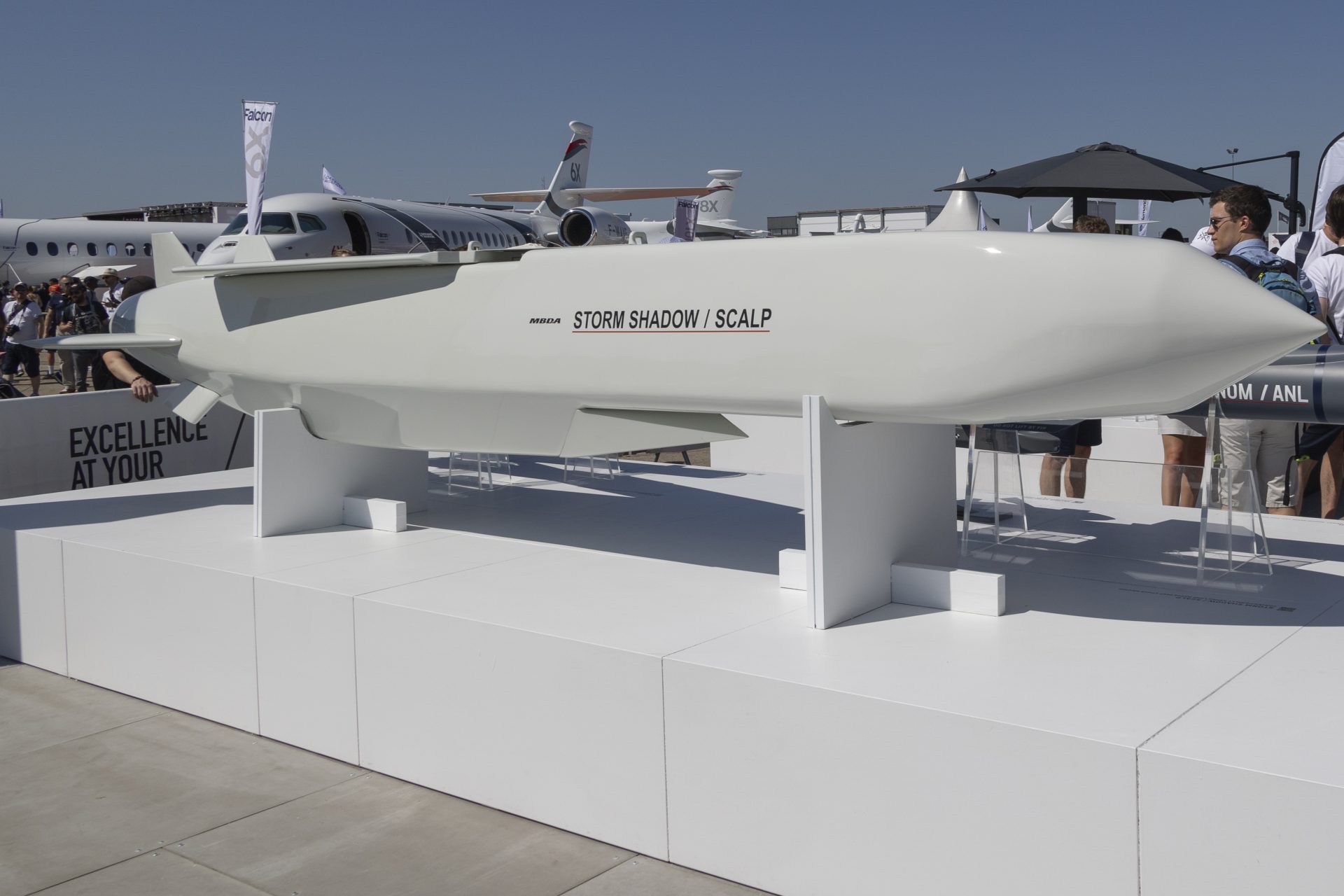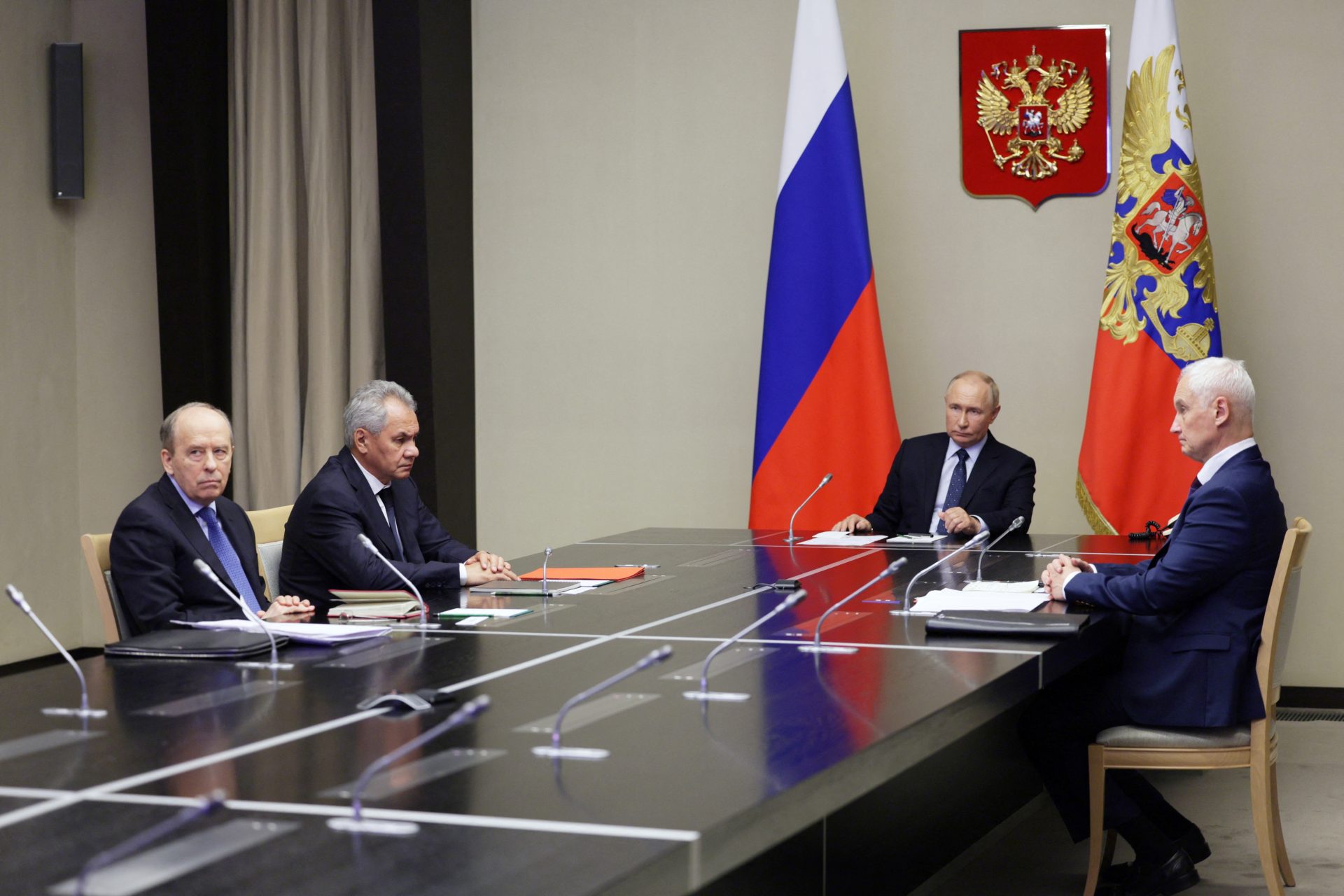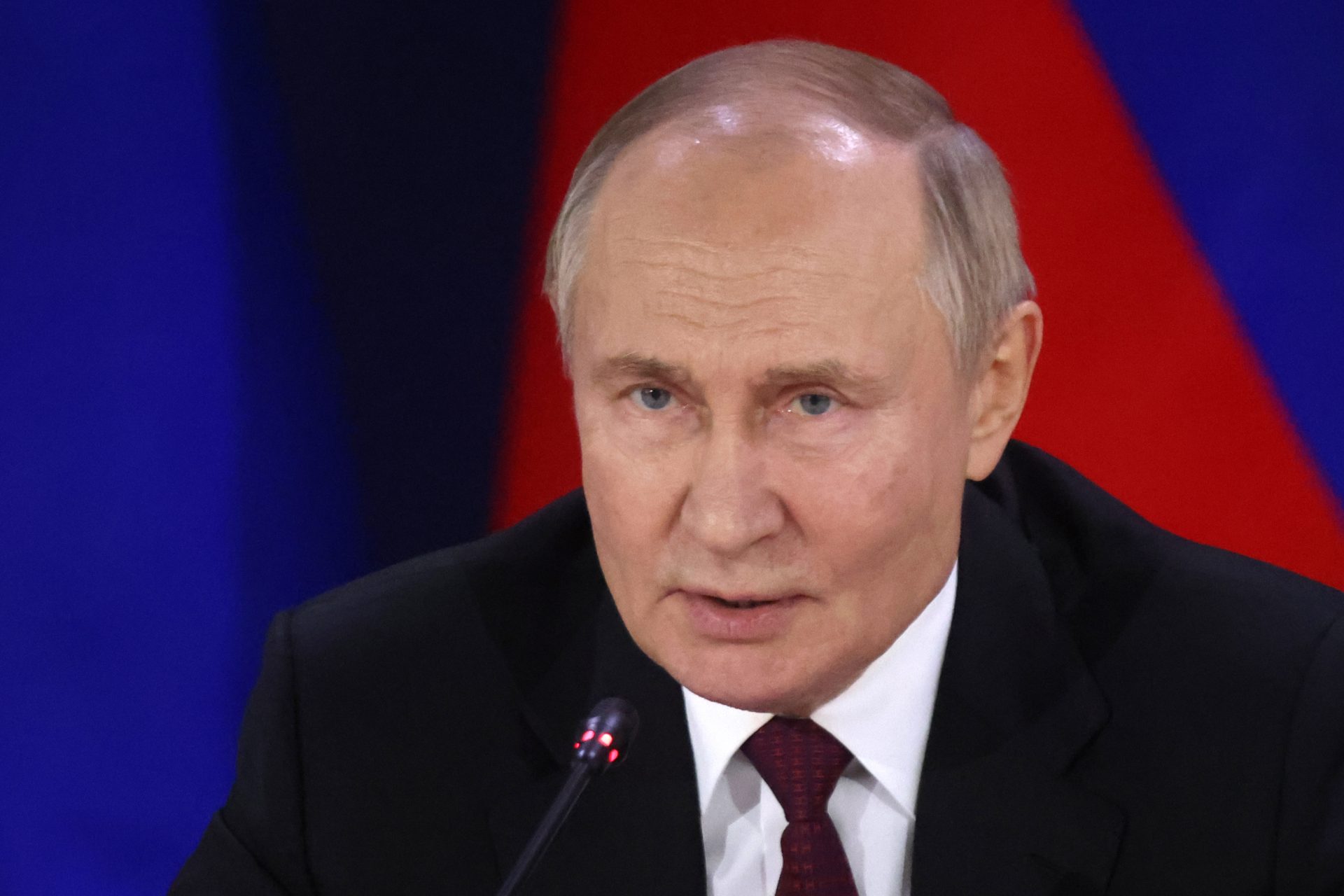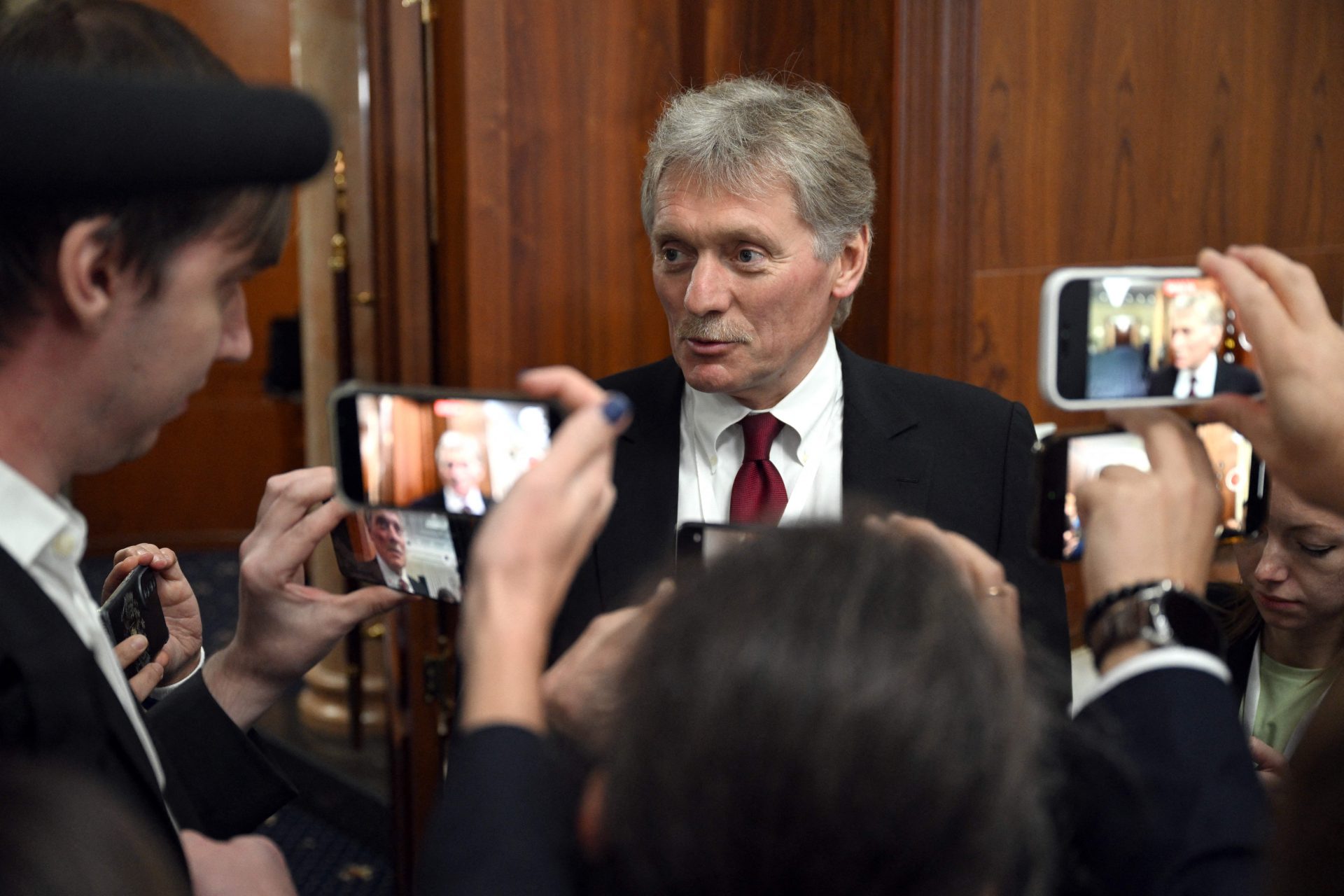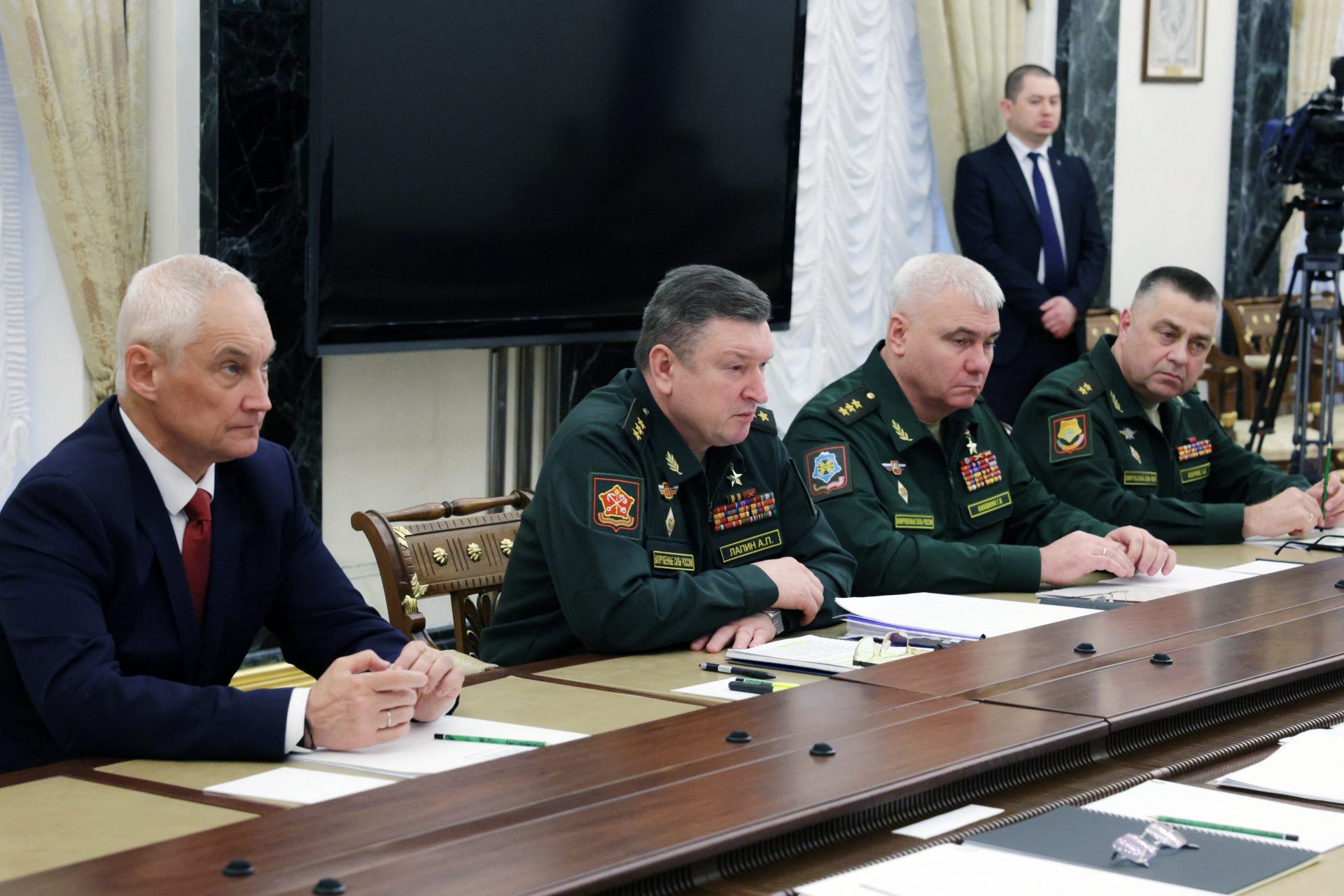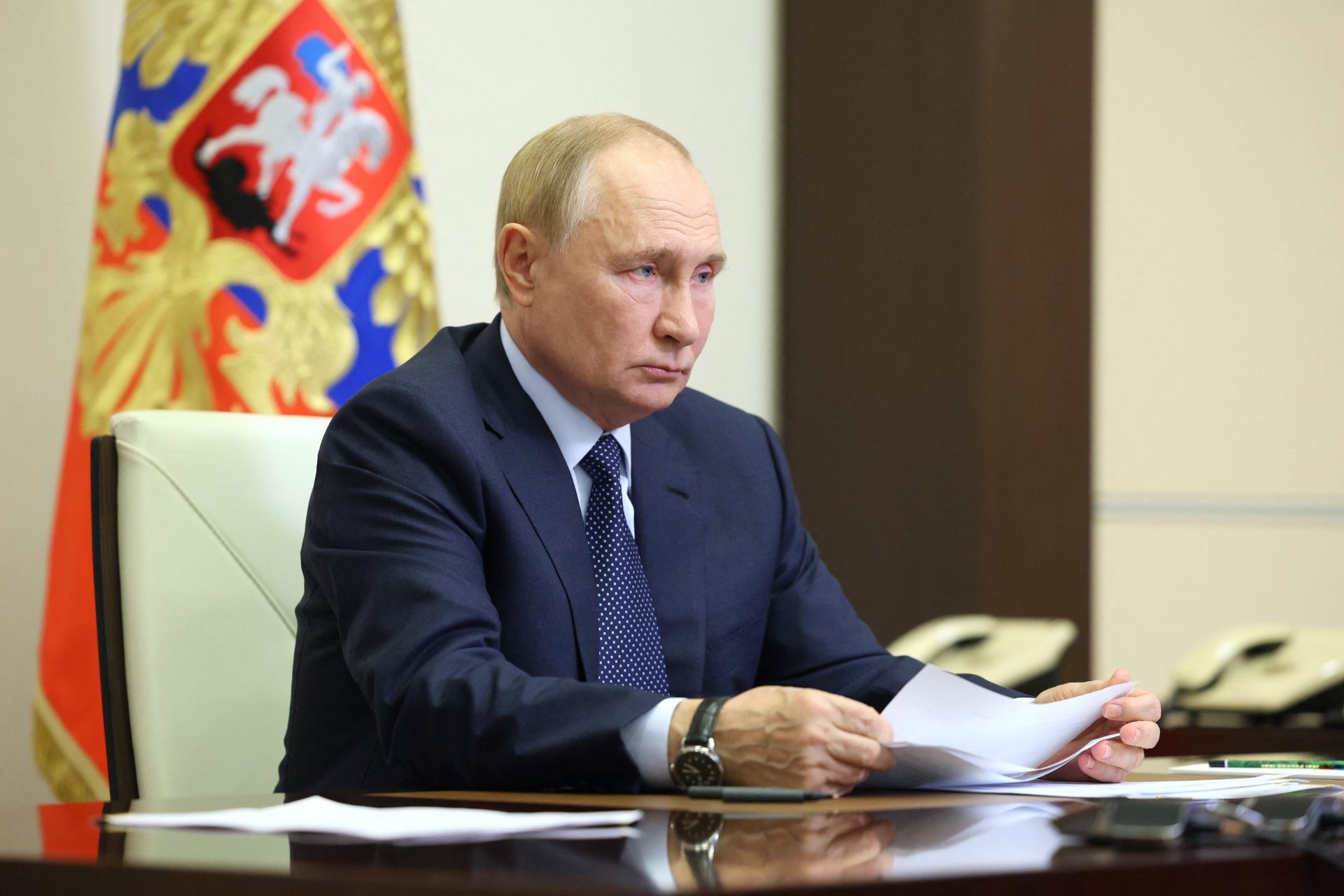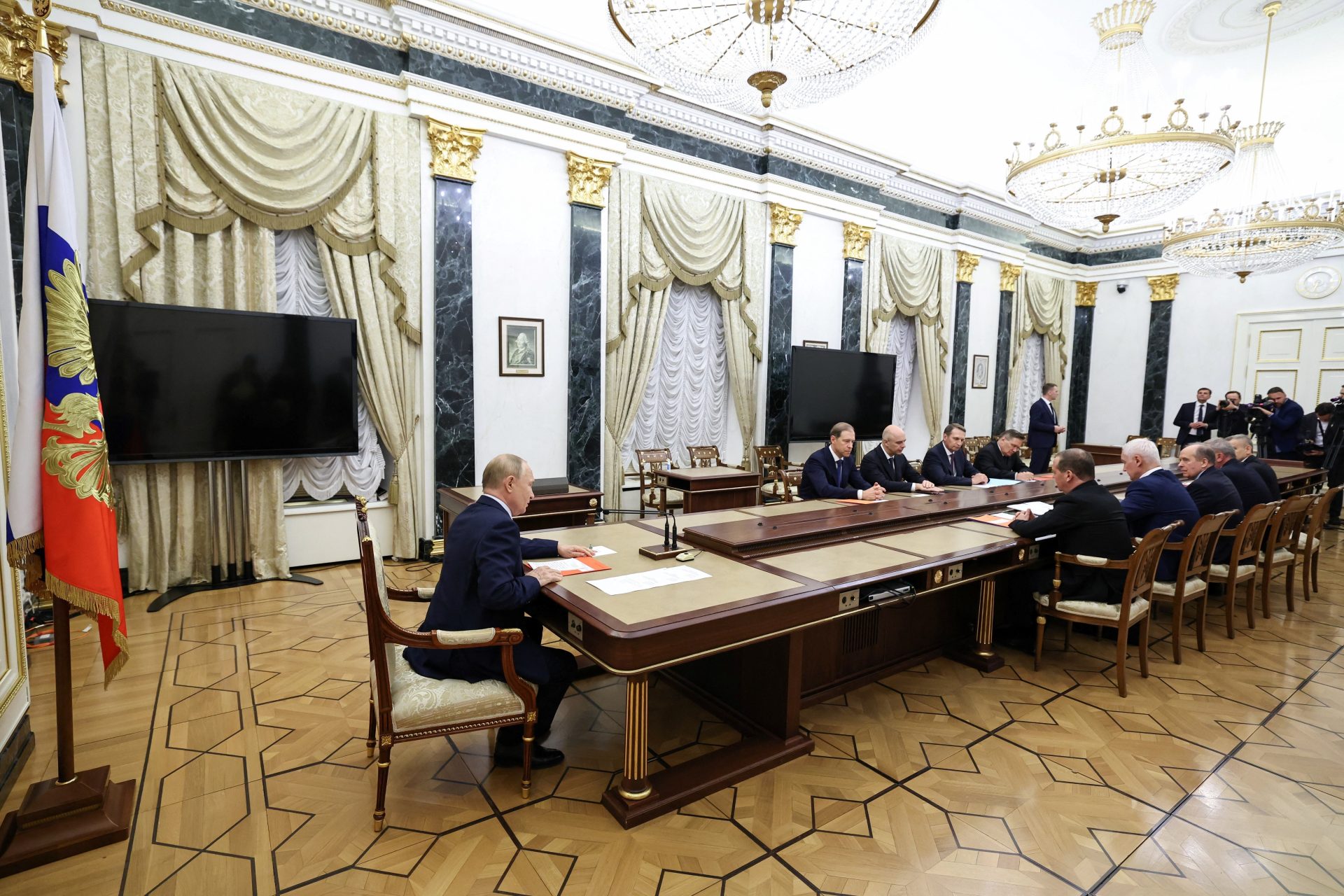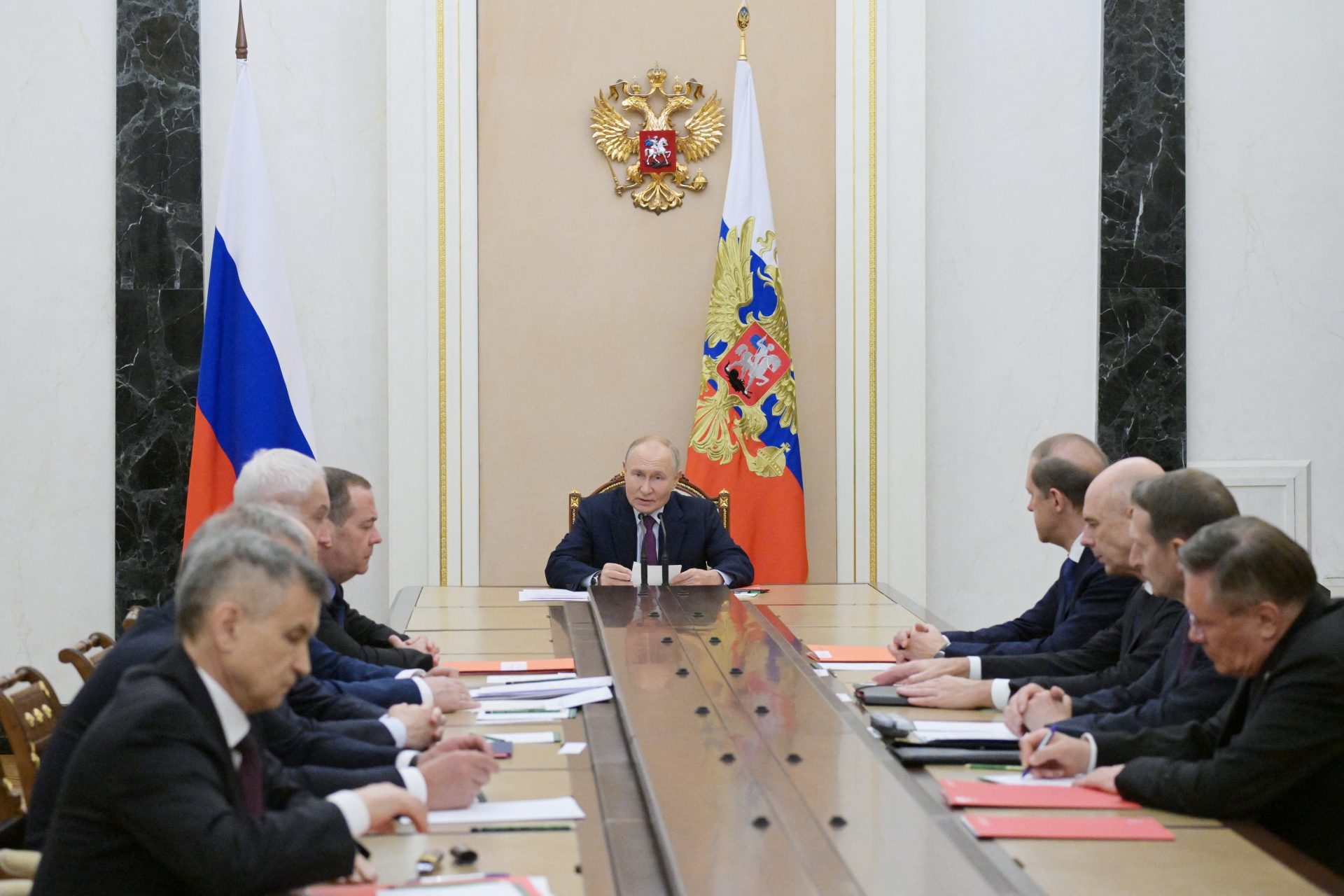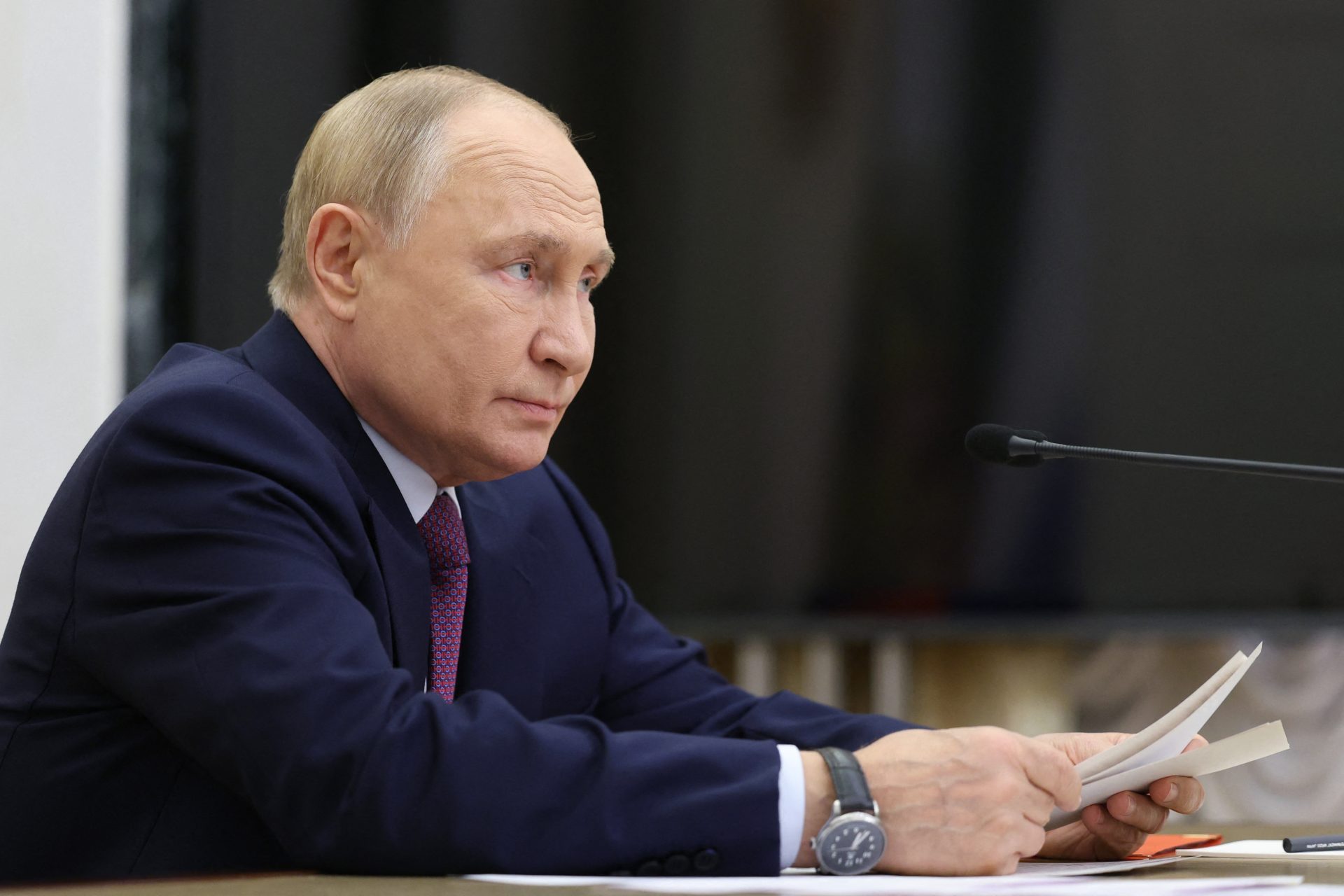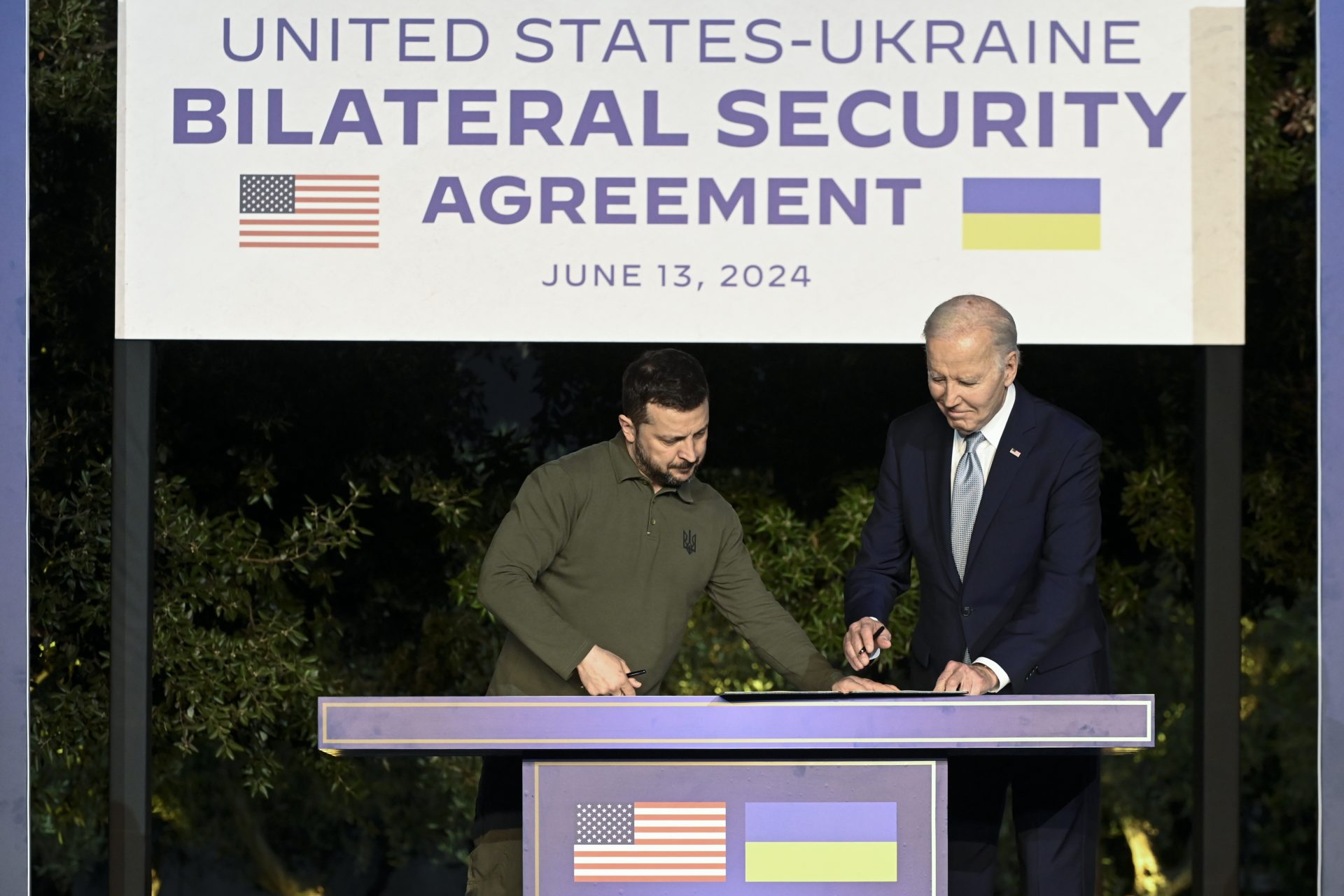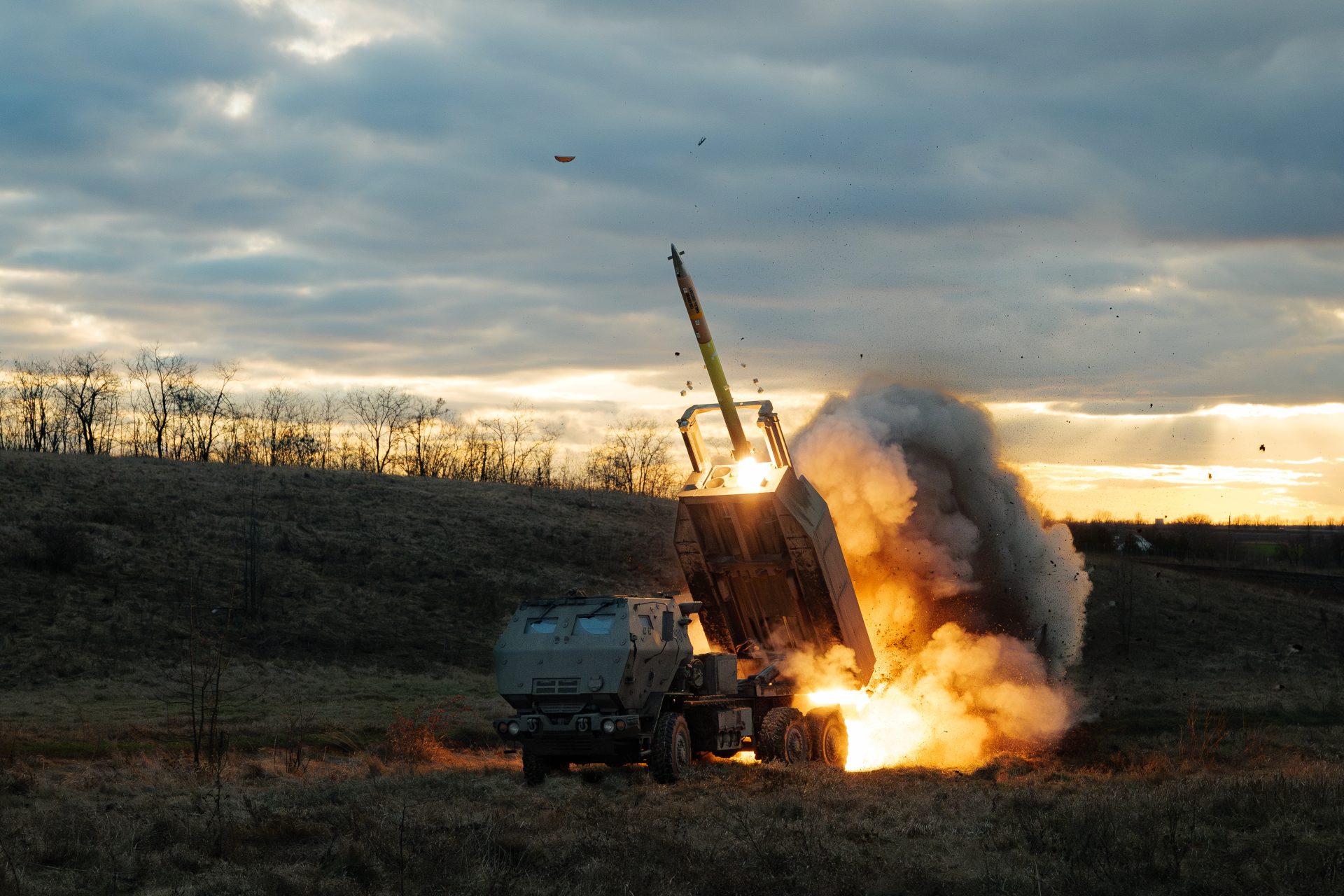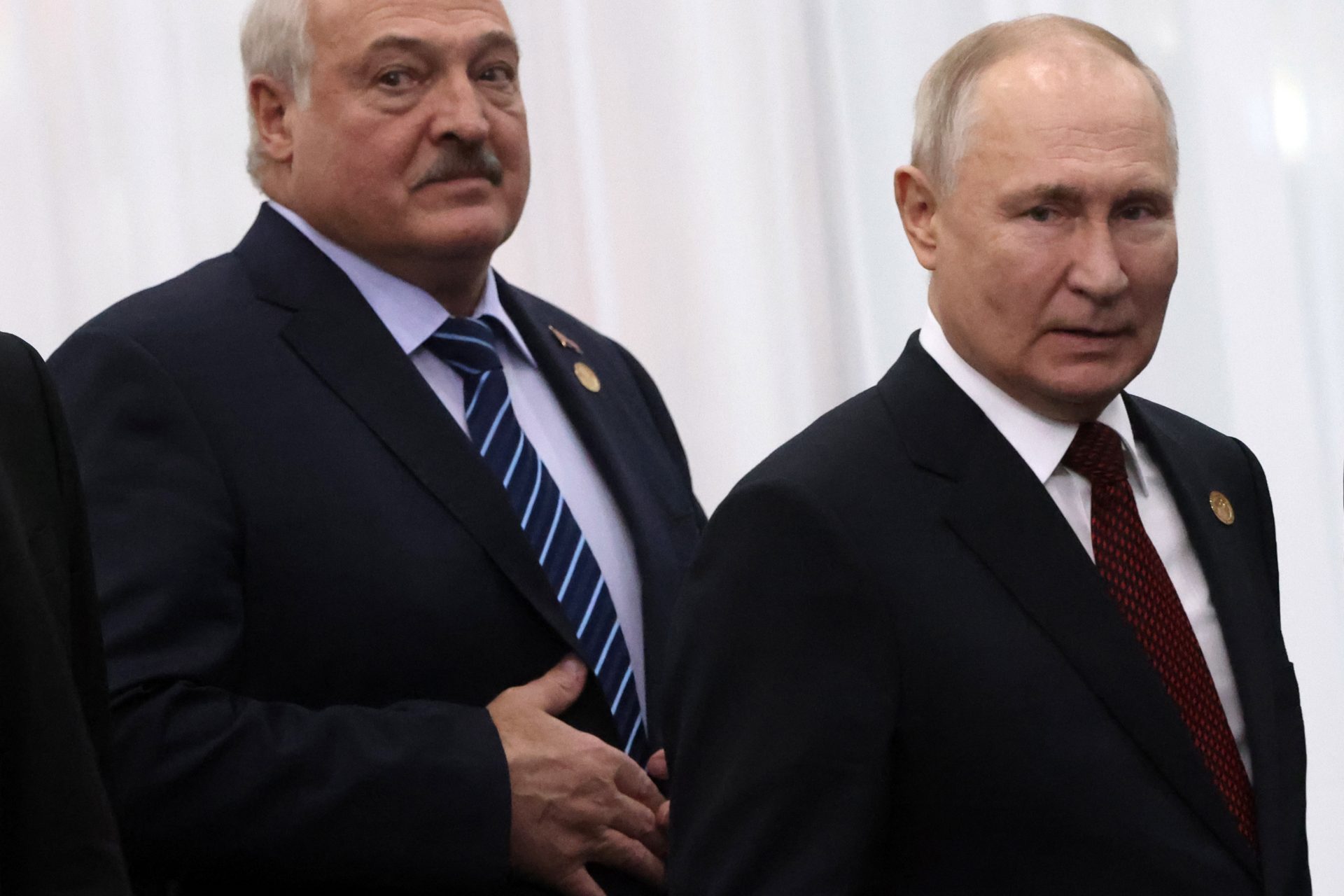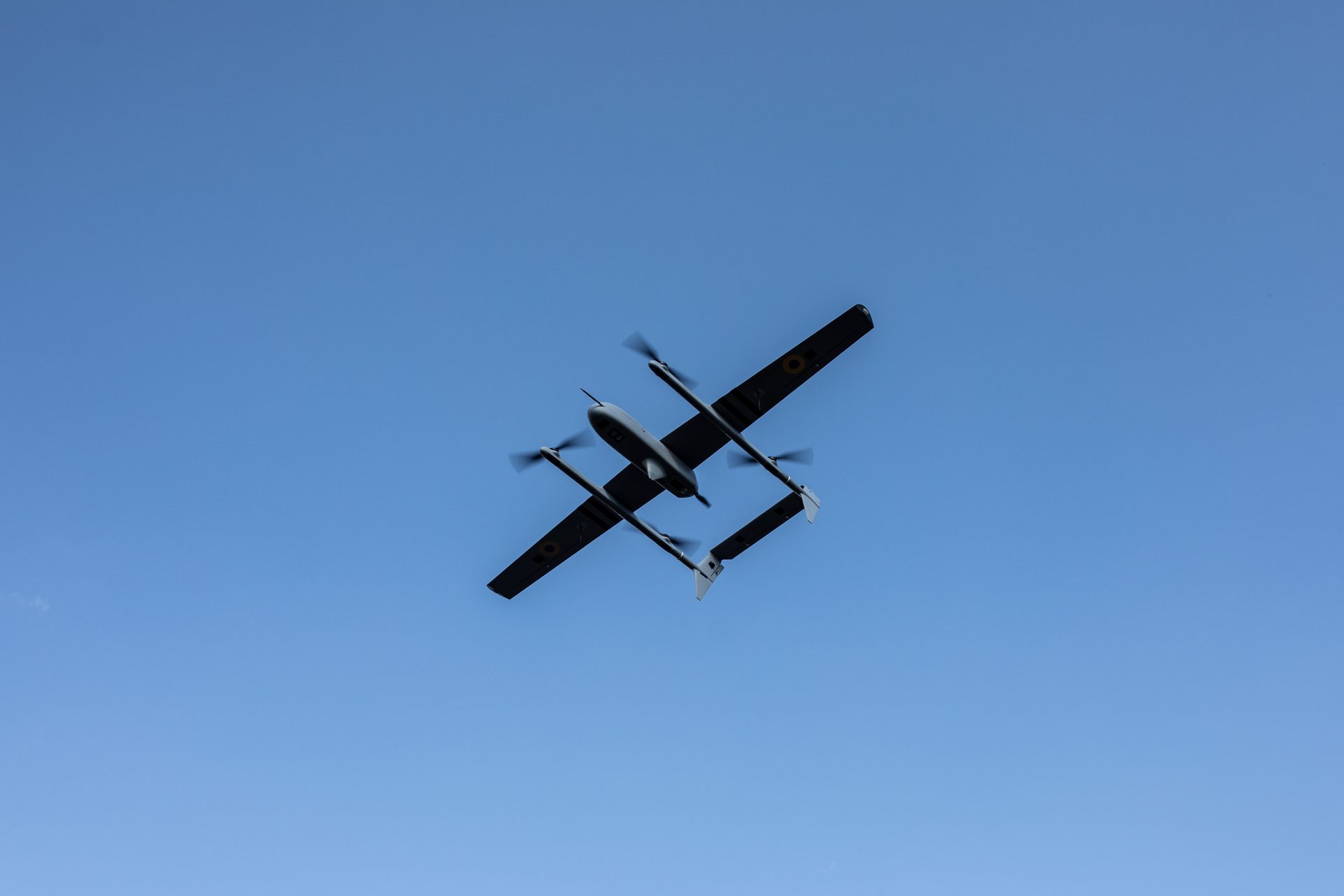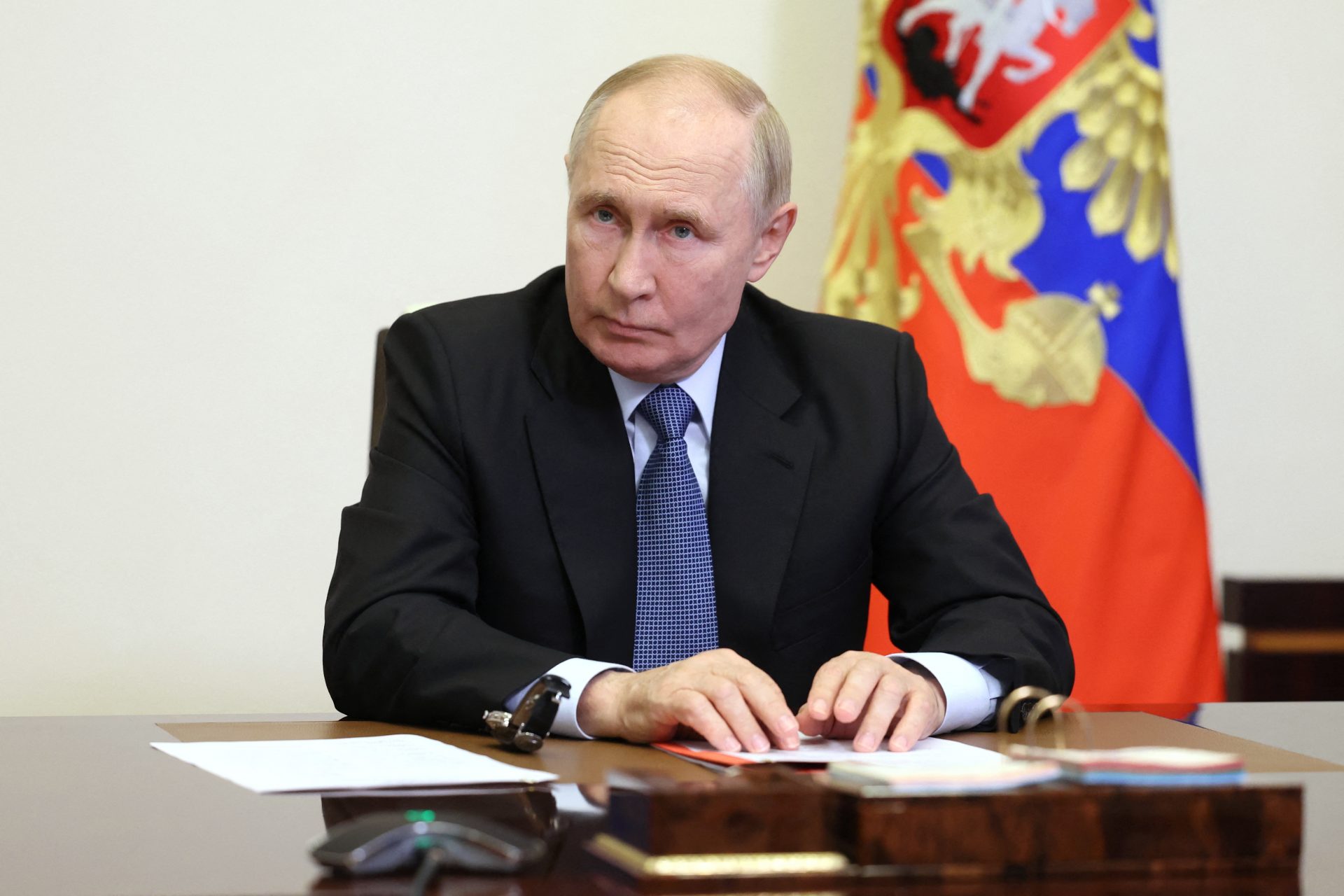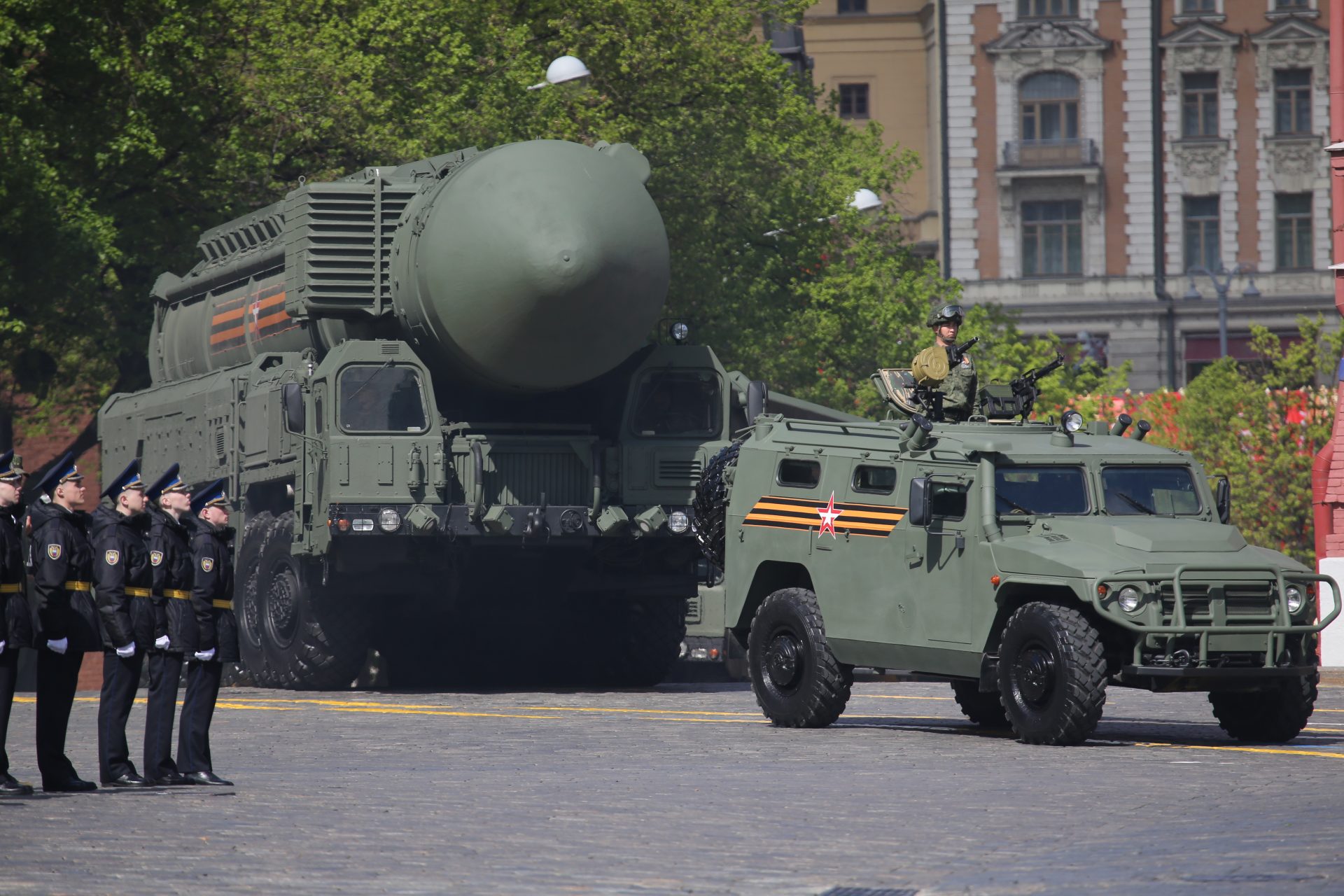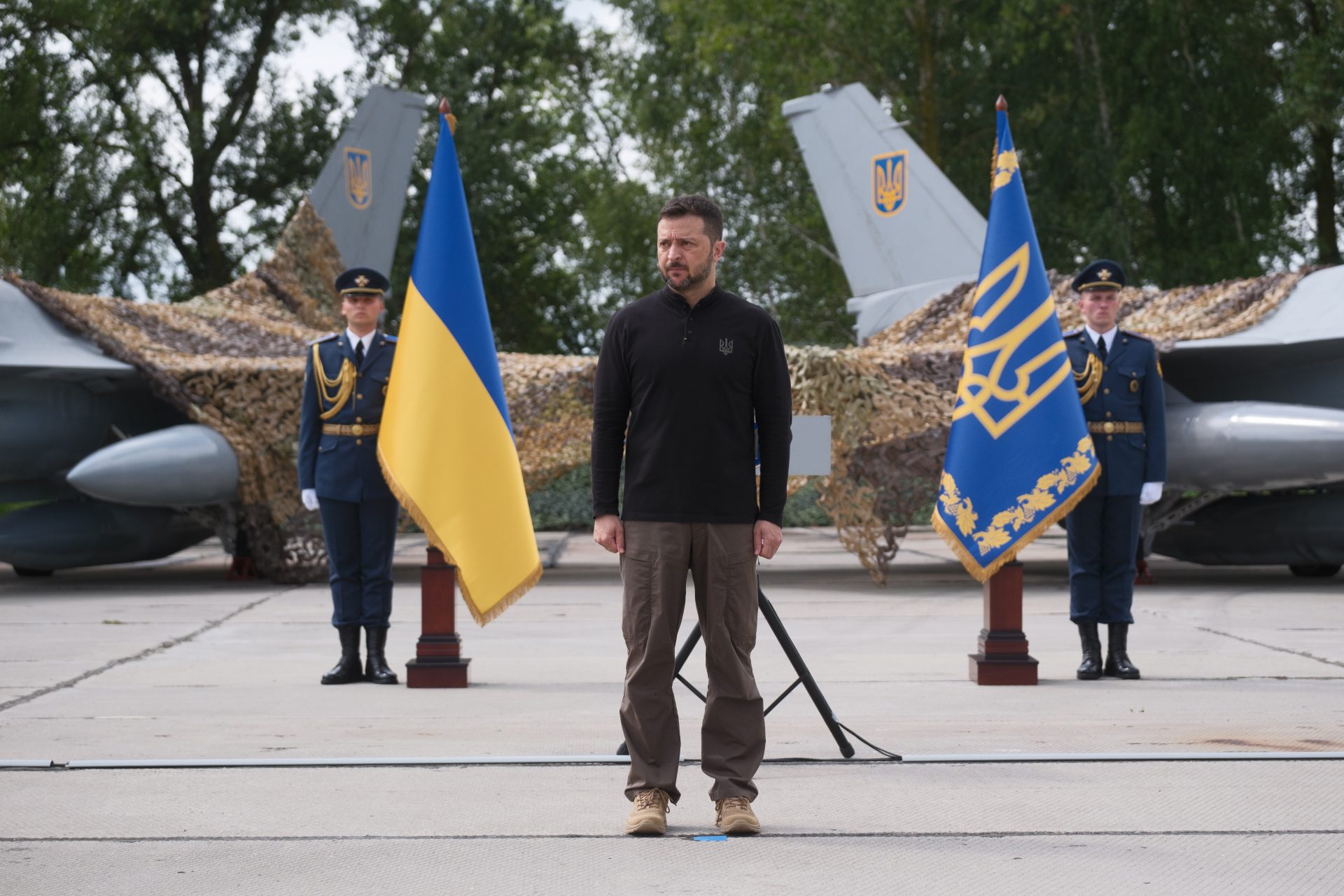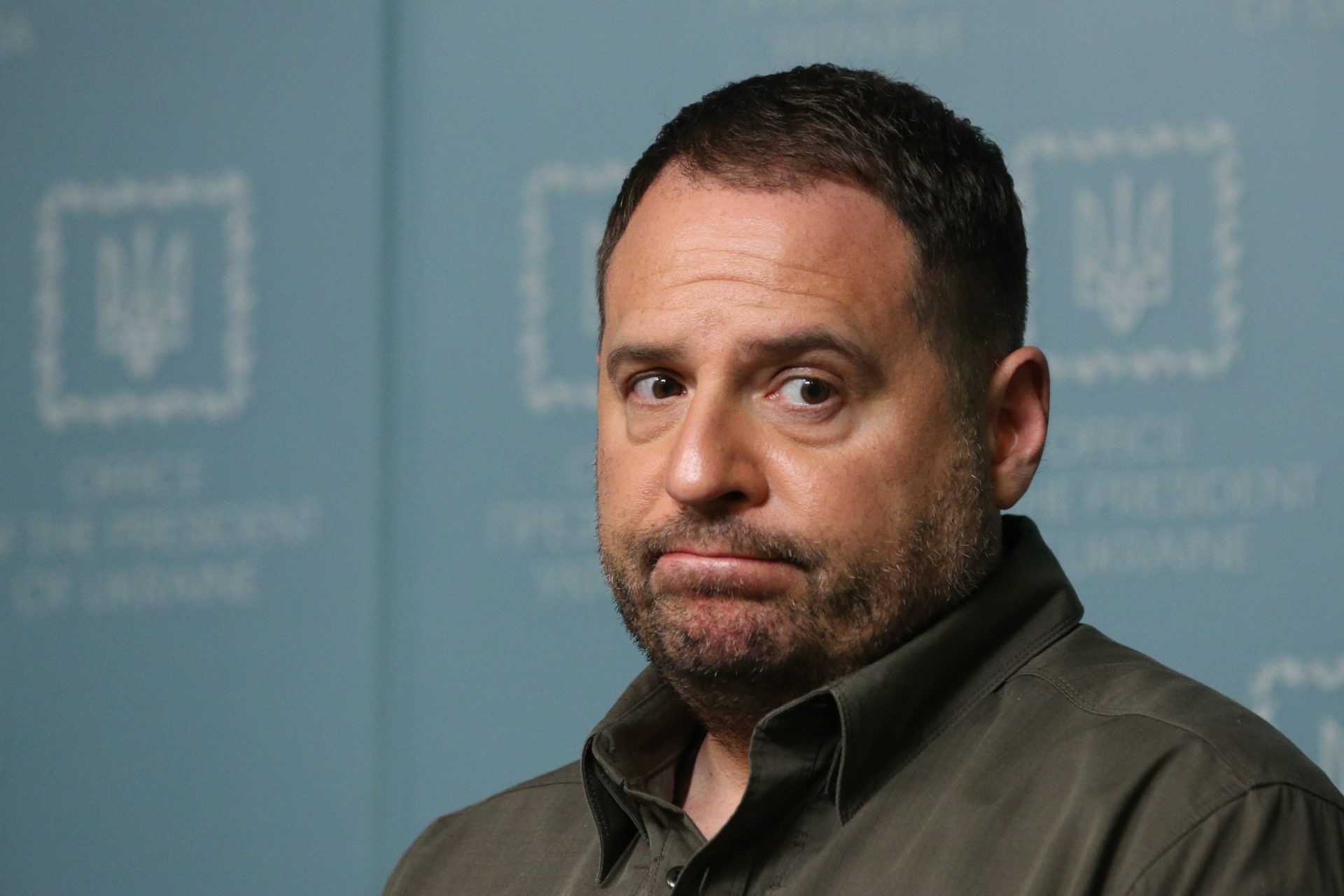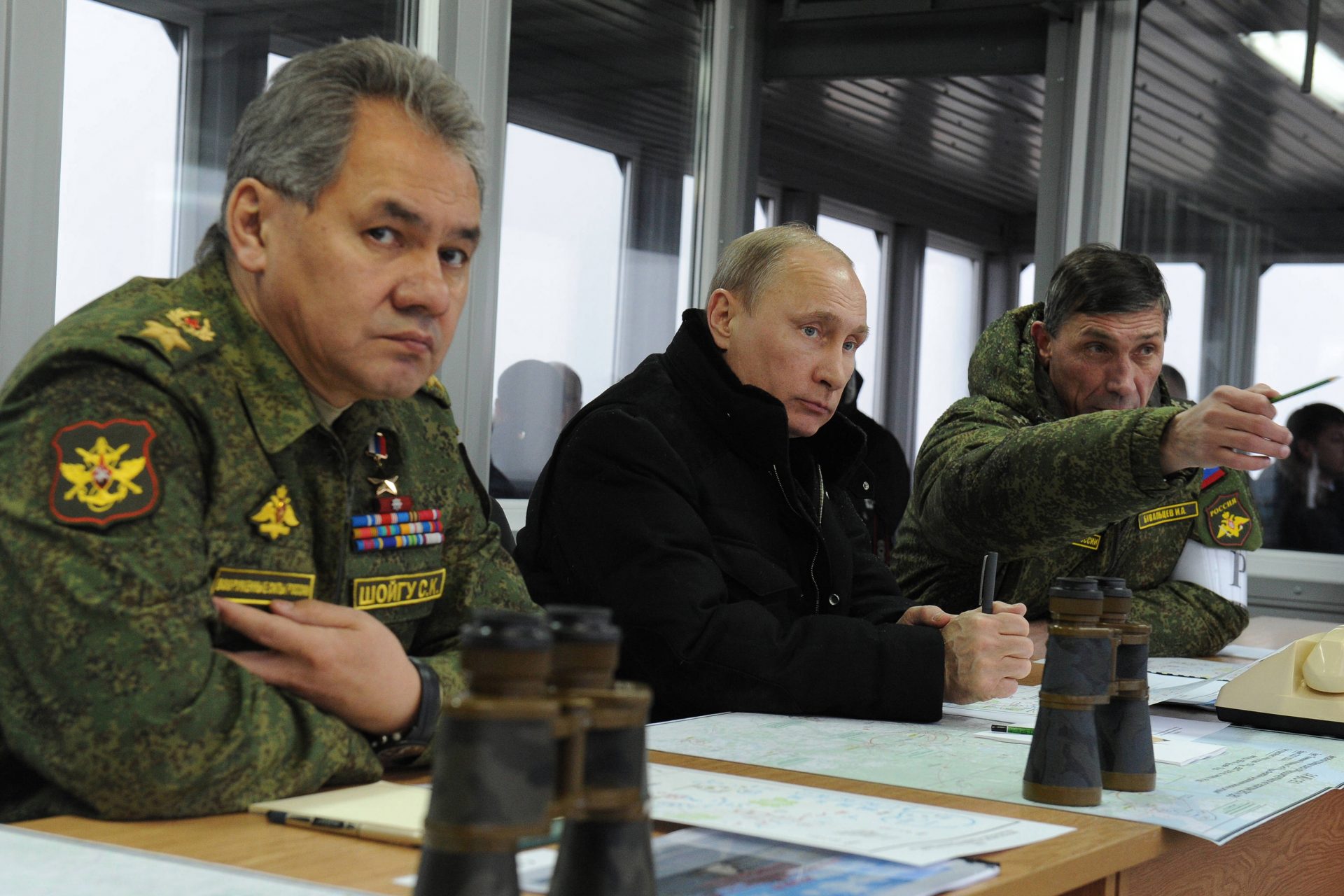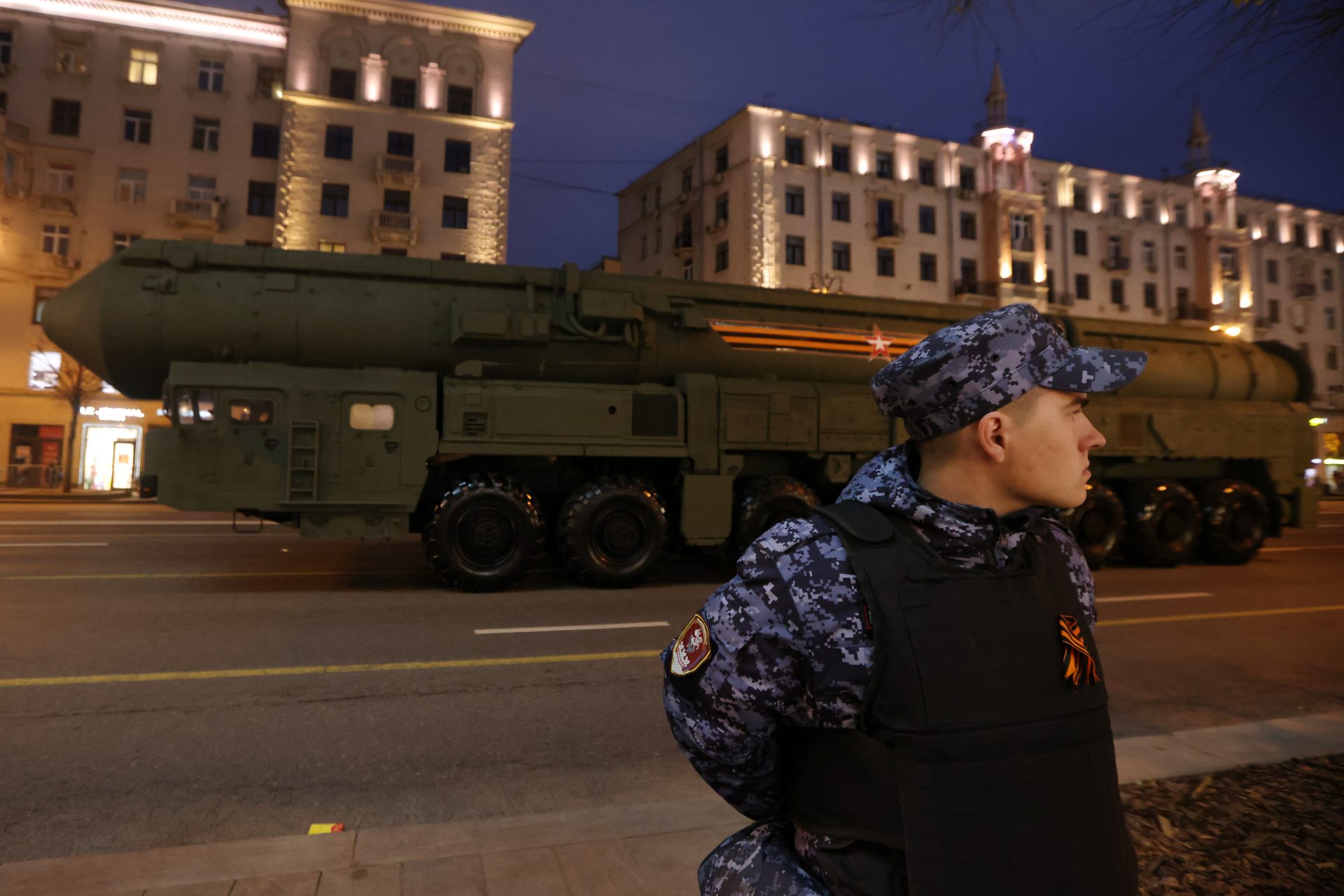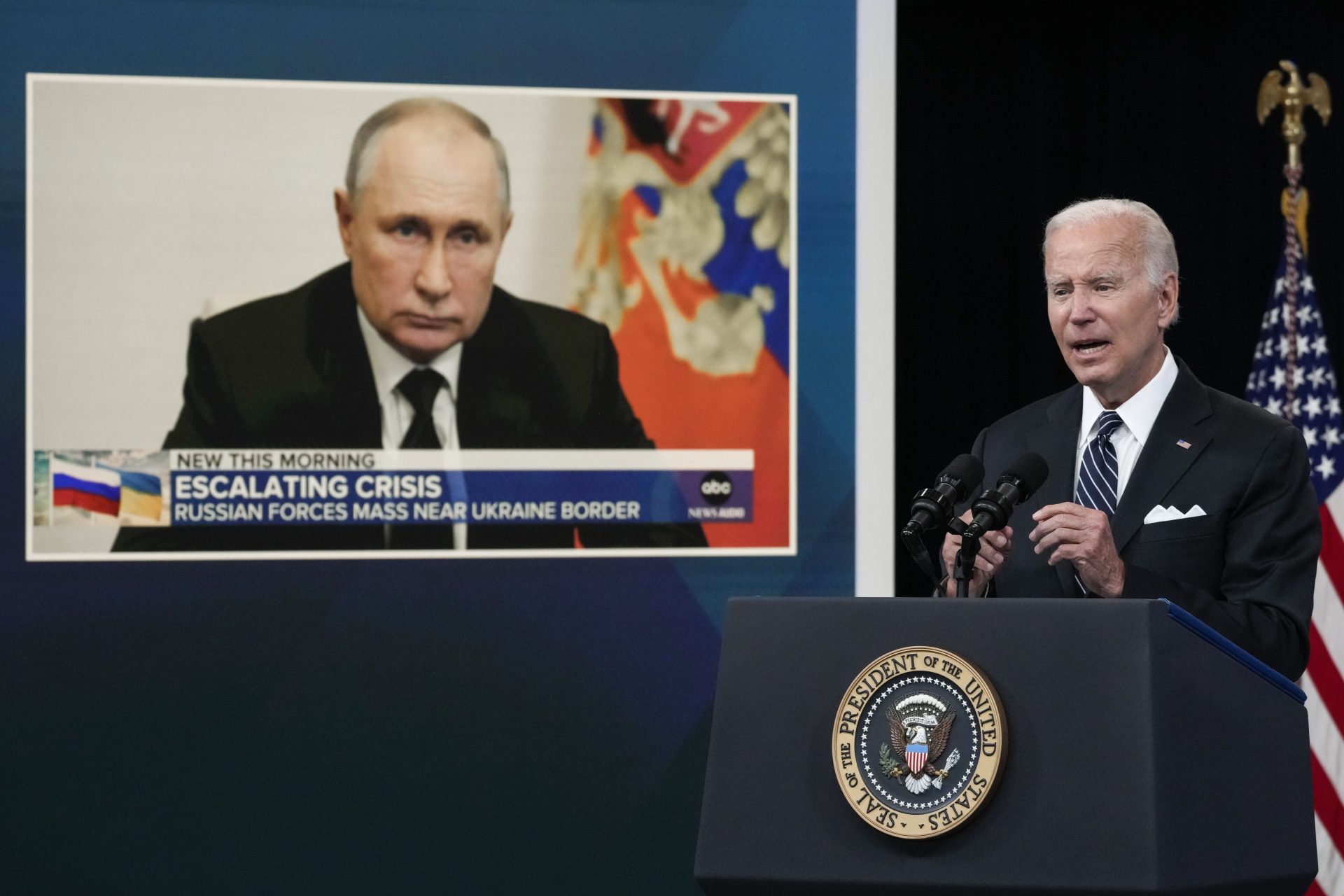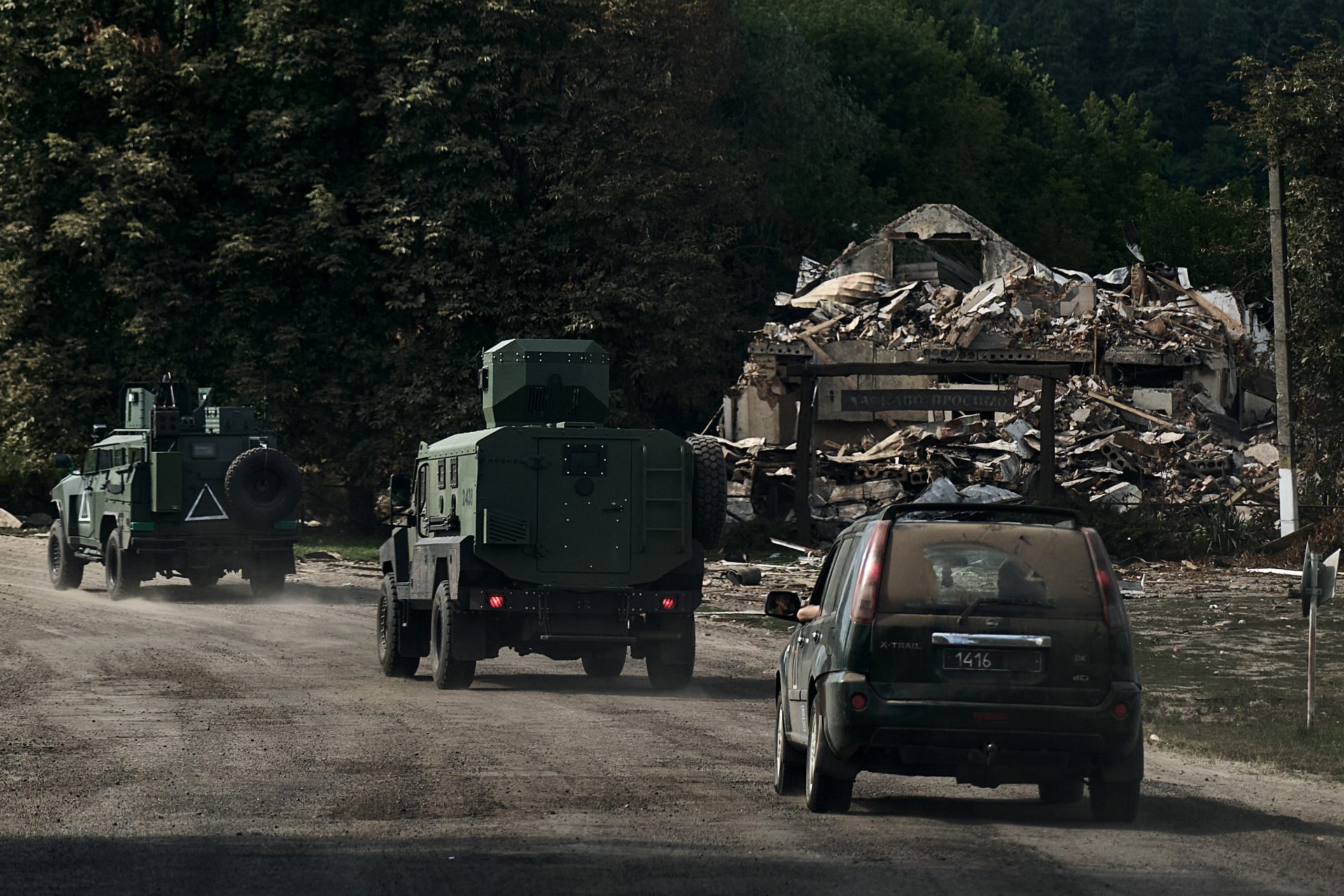Putin approves Russian nuclear doctrine changes as war in Ukraine reaches new stage
On November 19th, Russian President Vladimir Putin signed off on a set of changes to Russia's nuclear doctrine that give the Kremlin a broader range of ways to respond to conventional attacks against the country.
According to the New York Times and several other news outlets, Putin's long-planned changes lowered the threshold needed for the Kremin to use its nuclear weapons in response to conventional attacks on Russia, which could hold significant consequences for the ongoing war in Ukraine.
Putin's move came just days after reports indicated that President Joe Biden gave Ukraine the approval to use American-made long-range missiles inside of Russia, though accounts suggest the weapons were only okayed for use in Kursk Oblast, where Ukraine advanced into Russia.
France and the United Kingdom also allegedly gave Ukraine permission to use their SCALP and Storm Shadow long-range missiles inside Russian territory according to the French daily newspaper La Figaro.
"The big picture is that Russia is lowering the threshold for a nuclear strike in response to a possible conventional attack," Senior Researcher at the Institute for Peace Research and Security Policy at the University of Hamburg Alexander Graef said about the changes according to Reuters.
Reuters reported that Putin and other Russian officials had been warning for months that Russia planned to alter its nuclear doctrine to allow for a broader range of retaliatory strikes in response to conventional attacks on Russian territory.
On September 29th, Kremlin Press Secretary, Dmitry Peskov, disclosed that the Russian Ministry of Defense would soon receive the authority to determine whether the conditions justify the use of nuclear devices in upcoming conflicts.
“This is the prerogative of our specialists, our military, who are closely monitoring the weapons used and how they are being employed,” Peskov told journalists, adding that the military was responsible for tracking any "direct involvement" Western nations had in the ongoing war in Ukraine.
The Moscow Times also noted Peskov confirmed that proposed changes to Russia's nuclear doctrine would soon be legalized, a remark referring to a set of proposed changes to Russian nuclear policy that were outlined by Vladimir Putin during a recent meeting of the Russian Security Council.
On September 24th, Russian President Vladimir Putin increased his nuclear rhetoric while speaking in front of senior officials. Several news organizations reported that Putin’s comments were seen as a new threat against the West.
While addressing Russia’s Security Council, Putin revealed that the country’s nuclear doctrine had been revised, a process that Russian officials like Deputy Foreign Minister Sergei Ryabkov had previously discussed in public remarks.
Putin told members of the Russian Security Council that revisions to Russia’s nuclear doctrine were made as a result of the “emergence of new sources of military threats and risks for Russia and our allies” according to a translation from The Washington Post.
“The updated version of the document proposes that aggression against Russia by any non-nuclear-weapon state, but with the participation or support of a nuclear-weapon state, should be considered as a joint attack on the Russian Federation,” Putin stated.
Putin didn’t reveal whether or not Moscow would respond to an attack by a non-nuclear state backed by a nuclear one with nuclear weapons, but he did note the conditions for such a response would be contingent on reliable information about an impending attack.
More specifically, The Washington Post reported Putin said the conditions of a nuclear launch in response to an attack would be “reliable information about a massive launch of aerospace attack means and their crossing of our state border.”
“We reserve the right to use nuclear weapons in the event of aggression against Russia and Belarus as a member of the Union State,” Putin added. The Russian President also provided some other important clarification on the changes to Russia’s nuclear doctrine.
Militarnyi reported that Putin stated Russia could launch nuclear weapons not only as a response to aviation but also to “cruise missiles, drones, hypersonic and other aircraft.”
Putin’s comments on the proposed changes to be made to Russia’s nuclear doctrine were interpreted to be a threat against the West. Several news outlets pointed out Putin's remarks meant Russia saw an attack launched against Russia by a non-nuclear state backed by a nuclear one as a joint attack against the country.
Reuters noted the changes outlined by Putin brought Belarus under Russia’s nuclear umbrella and he added “the idea that a rival nuclear power supporting a conventional strike on Russia would also be considered to be attacking it.”
“Russia's current published nuclear doctrine, set out in a 2020 decree by Putin, says Russia may use nuclear weapons in case of a nuclear attack by an enemy or a conventional attack that threatens the existence of the state,” Reuters reported.
Ukrainian attacks on Russian territory could draw Kyiv’s Western partners and allies into Moscow’s convoluted web of nuclear retaliatory strike justification. However, neither the Ukrainians nor some of their Western allies seemed to be worried about Putin’s remarks at the time.
President Volodymyr Zelensky’s Chief of Staff Andriy Yermak dismissed Russia’s new nuclear doctrine according to The Guardian: “Russia no longer has any instruments to intimidate the world apart from nuclear blackmail. These instruments will not work.”
On September 26th, the European Union spokesperson Peter Stano, said that Russia was “playing gamble with his nuclear arms" when asked how the union would react to Russia’s lowered nuclear response threshold according to Ukrainska Pravda.
"We, of course, strongly reject these threats and the position of the European Union remains unchanged," Stano added.
U.S. Secretary of State Antony Blinken called the Russian President's remarks "totally irresponsible" during an MSNBC interview according to Reuters.
Putin’s comments came as Ukraine was intensifying its attacks deep into Russian territory and as the Ukrainians continued their invasion of the Kursk region of Russia. Kyiv was also looking to Washington and London for permission to use long-range ballistic missiles against targets inside of Russia, permission that Ukraine has now been granted.
More for you
Top Stories



